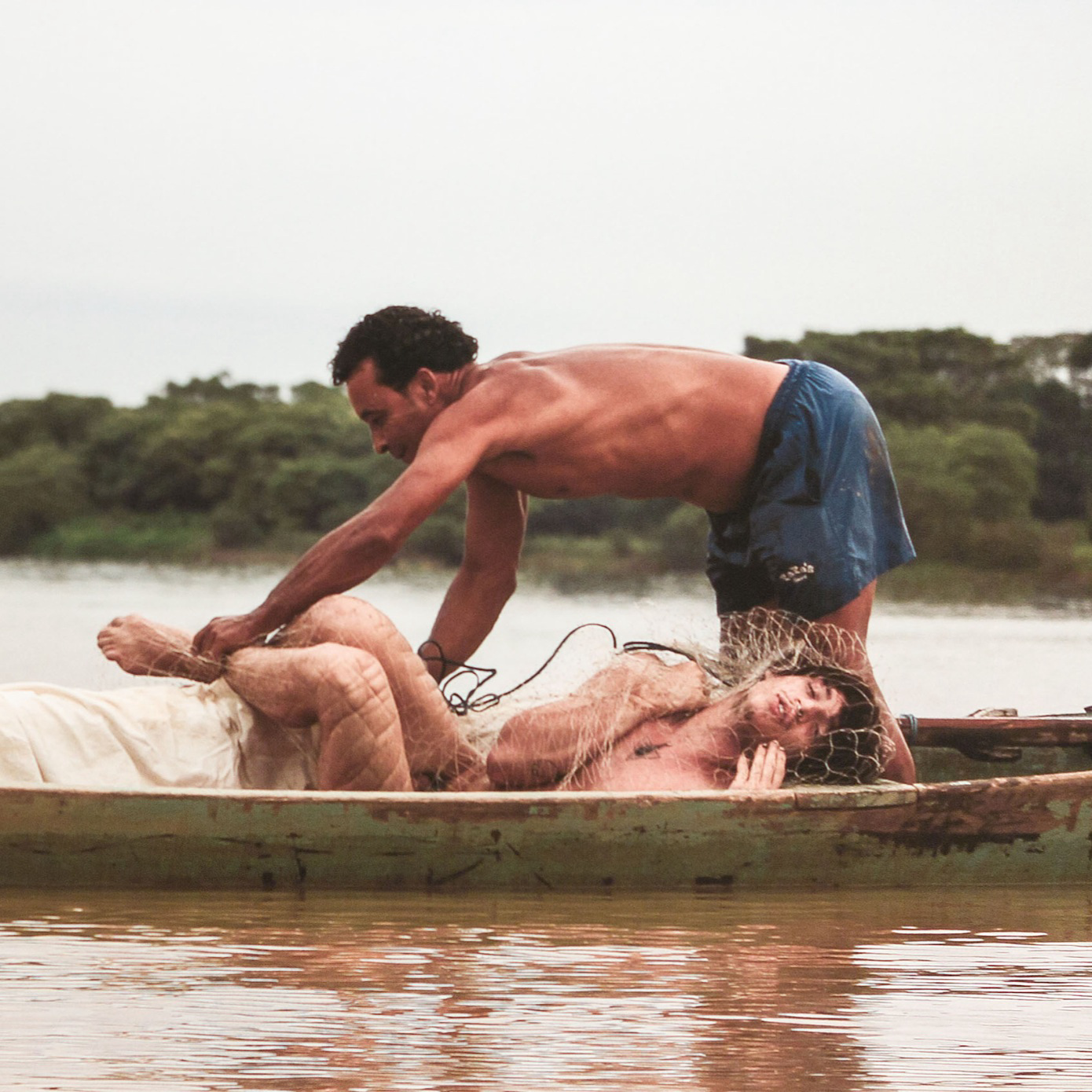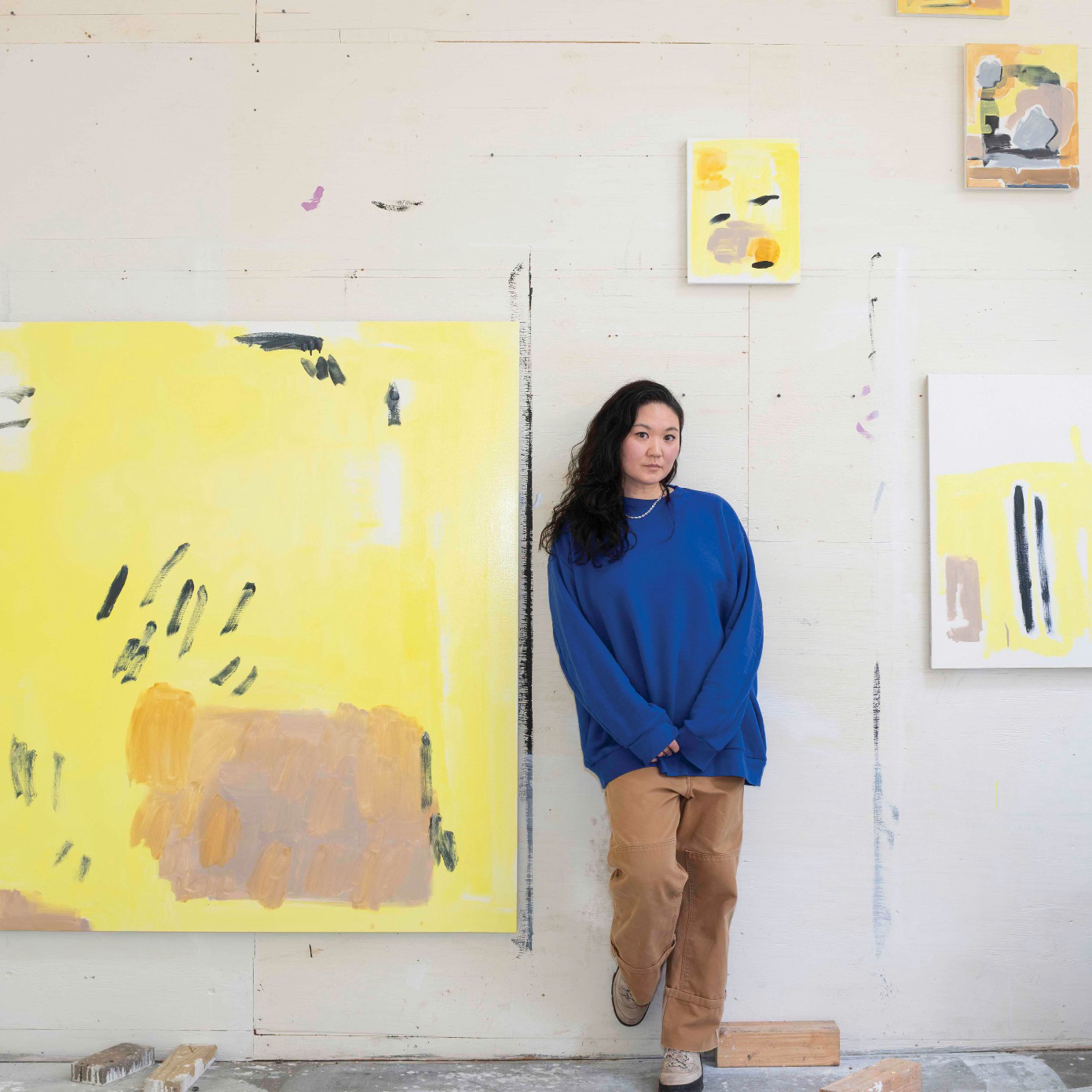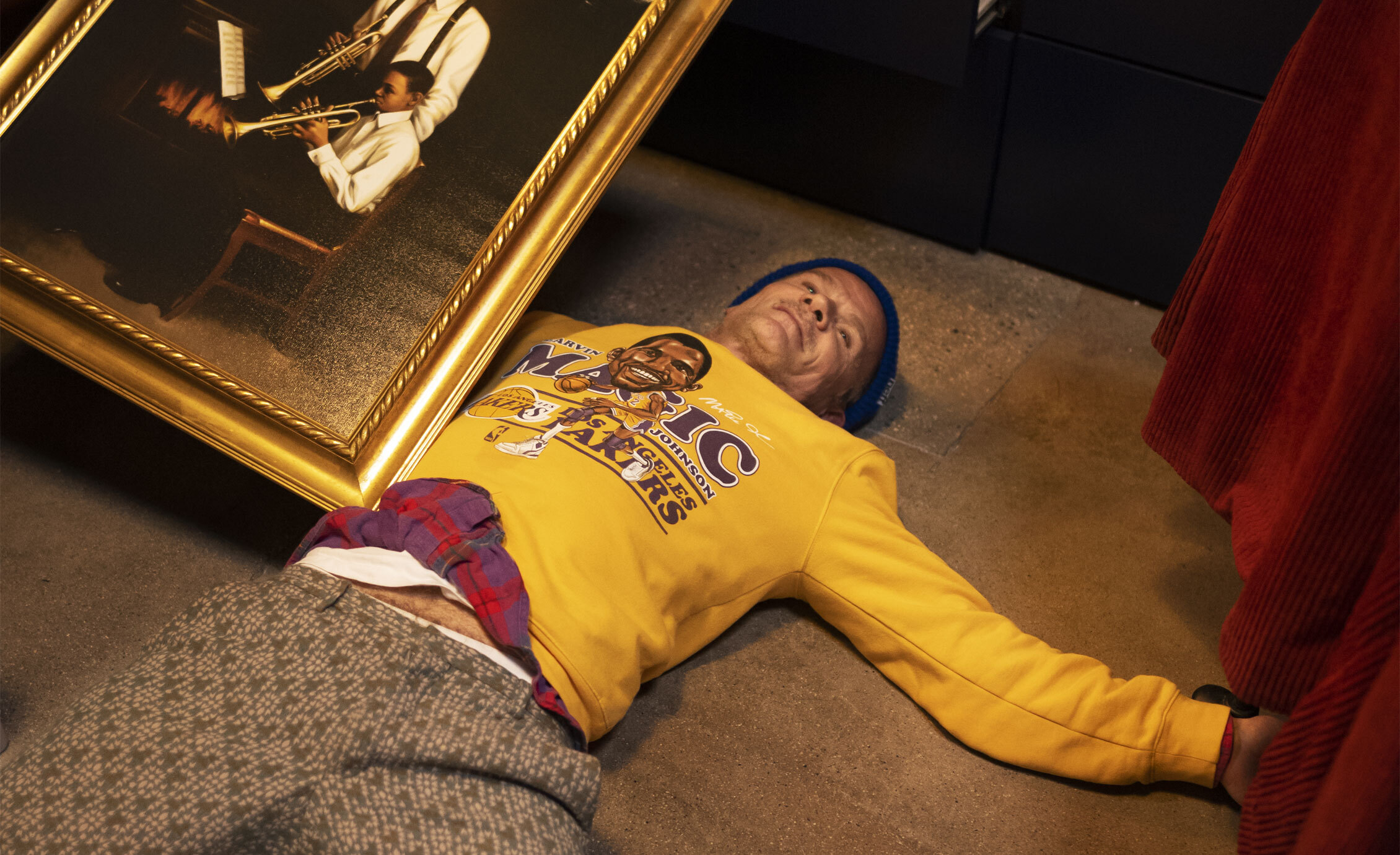
Being authentically loved is not an easy feat for a megawatt celebrity. Many who are revered professionally are merely tolerated personally. But longtime Red Hot Chili Peppers bassist, actor and author Flea is genuinely beloved. He’s a legit sweetheart, or so I’ve heard through the grapevine. And when I interview him for this article, it turns out to be true. Flea is neither the court jester in only a tube sock nor the sad clown you might expect. Rather, he’s a weighty artist motivated by an eternal childlike wonder. The first thing I tell him as we settle into the easy banter of two old friends, despite never having met before, is that I couldn’t find a single person among our mutual acquaintances with anything negative to say about him. I want to know how he’s managed to pull this off, and the question amuses him. “I may have just gotten lucky with you,” he says with a laugh, before launching into a thoughtful,more quintessentially Flea response. “I try really hard to live my life in a way where I want the best for every sentient being,” he says. “I fail all the time—I’m selfish and grumpy and shortsighted—but I yearn to be inside an energy of love and giving-ness.”
Growing up, Flea was not an immediate hit on the social scene.“I’d always felt out of sorts and disconnected socially in school,” he tells me. A strange and wonderful alchemy—and eventually, on stage nudity—occurred when instead of trying to fit in, he embraced and then exaggerated his misfit persona. After his mother ditched Flea’s sturdy father for a mercurial and alcoholic jazz musician,boundaries became a thing of the past—for better and for worse. Untethered from any strict parental supervision, Michael Balzary, as he was known back then, got into some real shenanigans, which he explores with a mix of levity and very occasional regret in his memoir, Acid for the Children, released last fall. Despite some “very bad behavior,” he says it was band class that helped to ground him. “When I started playing the trumpet, I just found a great sense of purpose,” he explains. “I was a wild kid who was cutting school and off running around all crazy, and having music in junior high school gave me a sense of community and something to believe in, a sense of self-worth and identity.” He felt, for the first time, like he belonged. Music has been a grounding force in his life ever since. “I never think of music as being something that creates instability,” he says, dispelling stereotypes of the chaotic life of rock musicians. “I go to music for stability, for comfort, for feeling less alone, for having my sadness soothed or my anxiety calmed or my spirits lifted.” As an adult, when he returned to the Los Angeles public school where he blew his first note on a trumpet more than 25 years prior only to find not a single instrument in sight, Flea felt profound sorrow.
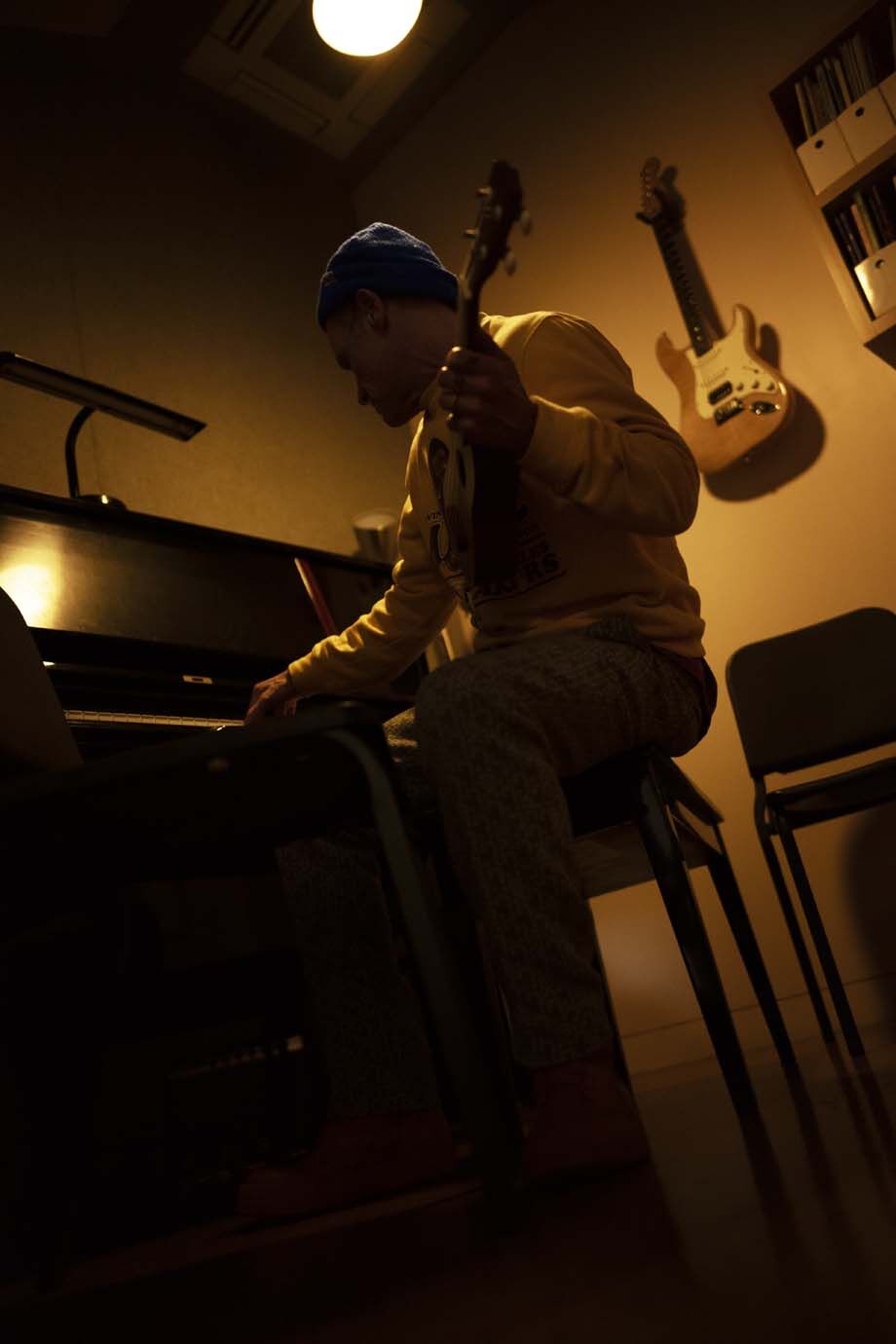
The unnatural silence of that early aughts music classroom—which had been gutted by slashed arts education funding—served as a psychic rallying cry and led Flea to cofound the Silver lake Conservatory of Music with his longtime friend and fellow musician Keith Barry in 2001. Now an institution, the Eastside nonprofit organization hosts hundreds of students for music lessons each week, providing over200 scholarships to children whose families would otherwise be unable to afford it. Despite its flashy benefactors—many of whom run in Flea’s stadium-act circuit—the school’s focus is not on fame and the music business, but rather on the fundamentals of music education, with a specific focus on orchestral instruments. The conservatory’s longtime director Jennifer Rey credits the school’s success to this distinction and says it’s a philosophy that comes from the top. “Flea’s a very studied musician; a lot of people don’t know that he can read music, that he can write music, that he can play Bach on the piano,” she says. “Music theory and education are very important to him.”
When I ask Flea if he thinks the conservatory is having the same stabilizing impact on its students that band class once had on him, he’s unequivocal in his response. “Absolutely. It gives the kids a sense of self. They take pride in it, and I see the connection they have with the other kids,” he says. These connections, much like those Flea forged in school with future Red Hot Chili Peppers band mates Anthony Kiedis, the late Hillel Slovak and Jack Irons,have legs. “Quite a few of our students have gone on to create their own bands with kids they met at the school,” says Rey. “And they come and intern for us, or they come back and become TAs in our summer camp program, and we’ve even had a few students become faculty members at the school as well.”Such heartwarming anecdotes from the conservatory are myriad. Flea, an unabashed crier, recalls a particularly affecting student. “He was a kid who’d been through a lot of difficulty—foster homes, hard stuff. When I sat with him and taught him the trumpet, I saw a determination in his eyes and body language that he was going to blow a beautiful, clear note, and that it meant everything to him to do it, and for me it was such an uplifting thing to see.”
The student persevered, eventually earning a scholarship to continue his music studies at USC. “Seeing this kid go from whatI witnessed when I first met him—a kid who was struggling with communicating with other people and with being comfortable in his own skin—to being able to find a peace and strength within himself and transcend everything to do well in his life in concrete tangible ways, that was very touching for me,” Flea says.Flea continues to be authentically engaged with the school.His daughter takes classes there, and he mentors students and,according to Rey, even dons a Santa suit every now and then.“It gives him such a joy to work with the kids,” she tells me. The conservatory is Flea’s way of giving back to the city that transformed him from a lost boy to a rock ‘n’ roll icon. “I’ve been to lots of incredible cities, but every time I come back to LA I feel enveloped in its arms,” he says. “I have memories on every corner.” What Flea loves most about LA is not the Beverly Hills 90210 glitz, but rather its lesser-known qualities, or what he calls the “soul of the city, the working class, the massive swath of interested, interesting people who walk its streets.” This, he says, is what made his childhood here so uniquely formative. “When I went to public school here, I was with people from all different backgrounds,” he explains, adding that LA is a singularly creative place. “It’s kind of the best because we get all the stuff that big cities get—all the great art exhibits, all the best musicians—but we also have space to go off, wide-open spaces for thinking,” he explains.
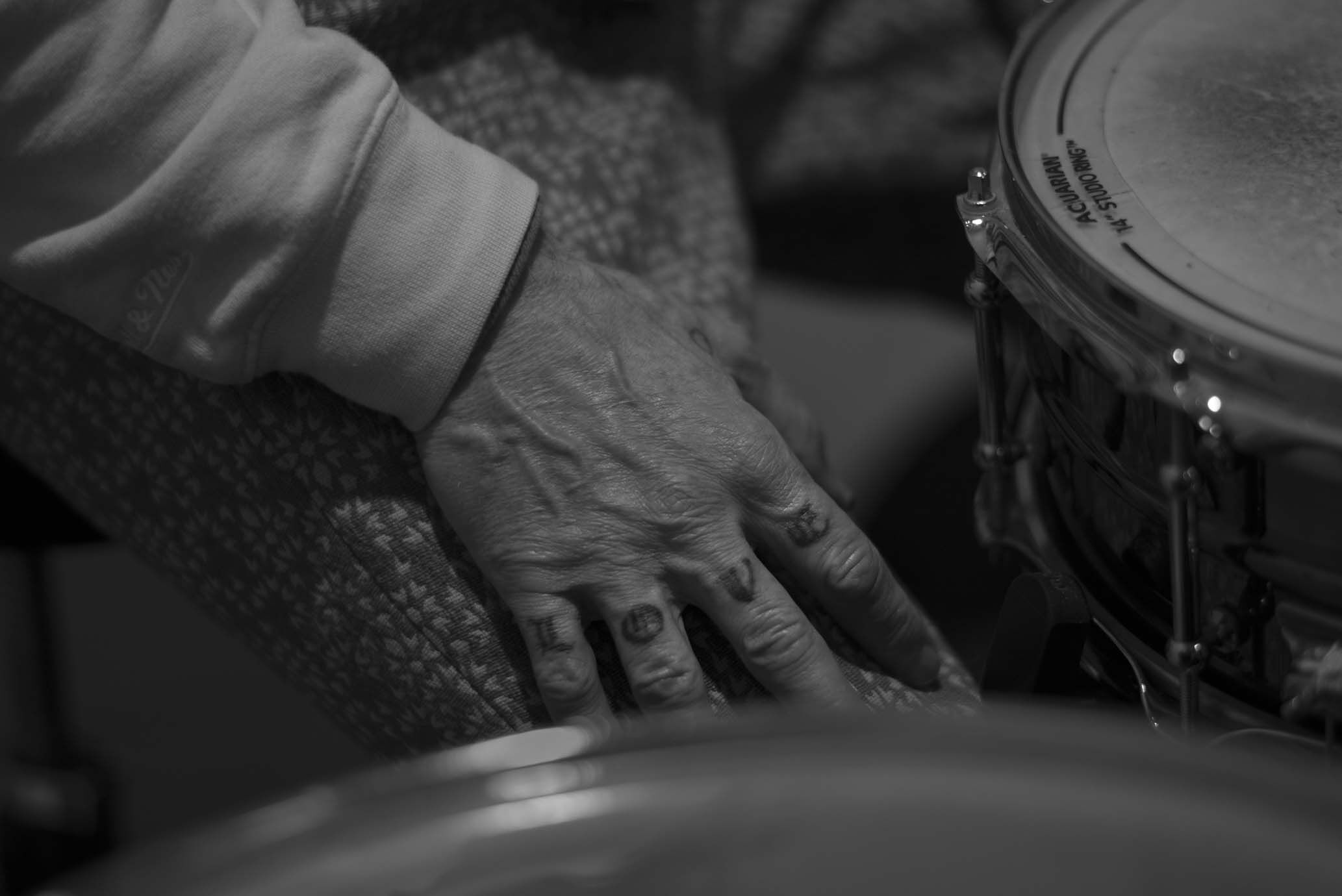
Flea is still connected to the community of his youth. He regularly attends basketball games at his alma mater, Fairfax High. “I love the feeling when they blast music through the shitty PA system and the band plays and the kids care so much—it’s beautiful,” he says. “Growing up, basketball, music, and books were things I really loved, and I saw them all as vehicles to get lost in, as vehicles for humans to express themselves in profound ways.” He still plays basketball but says, with an embarrassed chuckle,that he is “terrible.” Flea is only slightly less self-effacing when assessing his own skills as a musician. He tells me one of his goals, at the age of 57 years, is to get better at making music. “It goes on forever, music—there is no mastering it. The more you get into it, the more you realize you’re scratching the surface of this infinite world of possibility,” he says. “Compared to Jaco Pastorius, Coltrane,Hendrix, Bach, I’m such a rudimentary musician.” He adds, if he gets “better,” he’ll be able to do things in his life he’s never before done. In other words, he’s just winding up. To that end, Flea is currently focused on a new Red Hot Chili Peppers album and says today, nearly 40 years since the band was first formed, his curiosity is “piqued” musically. And he is focused on “doing something good in the world” and making a difference in his life. “The only thing that matters to me is love—touching hearts with something meaningful and uplifting people,” he says. “The only time in my life that I’ve ever gotten away from that being the guiding principle of what I was doing, I failed and made a jerk out of myself. So that’s really all that matters to me—the school was created out of love, the band was created out of love, every time I play it’s out of love for music,” he says.
Giving me a punk-rock-meets-Care-Bear stare, he admits there is one form of love that has eluded him: a “complete”self-love. “I’ve been working on it for a long time—it’s hard but actually, I think that in the yearning to do it is where all the magic is. That’s something I’m kinda starting to figure out—that in the trying, that’s where the greatness is.” He credits these efforts with the latest evolution of his personal life: marrying designer Melody Ehsani last fall. “It’s in trying and inching my way along, centimeter by centimeter, getting closer to loving myself or completely loving myself, that I finally got to a point where I’m capable of loving someone day in and day out,” he says. “The love that you bring into your life is only in proportion to how much you can love yourself.”
This story was originally published in the Winter 2020 issue of LALA Magazine.


